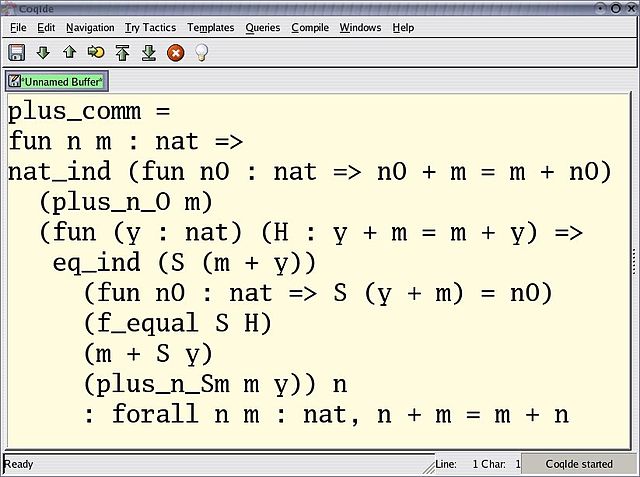Infinite photos and videos for every Wiki article ·
Find something interesting to watch in seconds
History by Country
Celebrities
British Monarchs
Richest US Counties
Largest Empires
Countries of the World
Sports
Ancient Marvels
Crown Jewels
Animals
Best Campuses
Famous Castles
Presidents
Rare Coins
Great Museums
Supercars
Recovered Treasures
Wars and Battles
Kings of France
Orders and Medals
World Banknotes
Wonders of Nature
Tallest Buildings
Great Artists
Great Cities
Largest Palaces
more top lists





